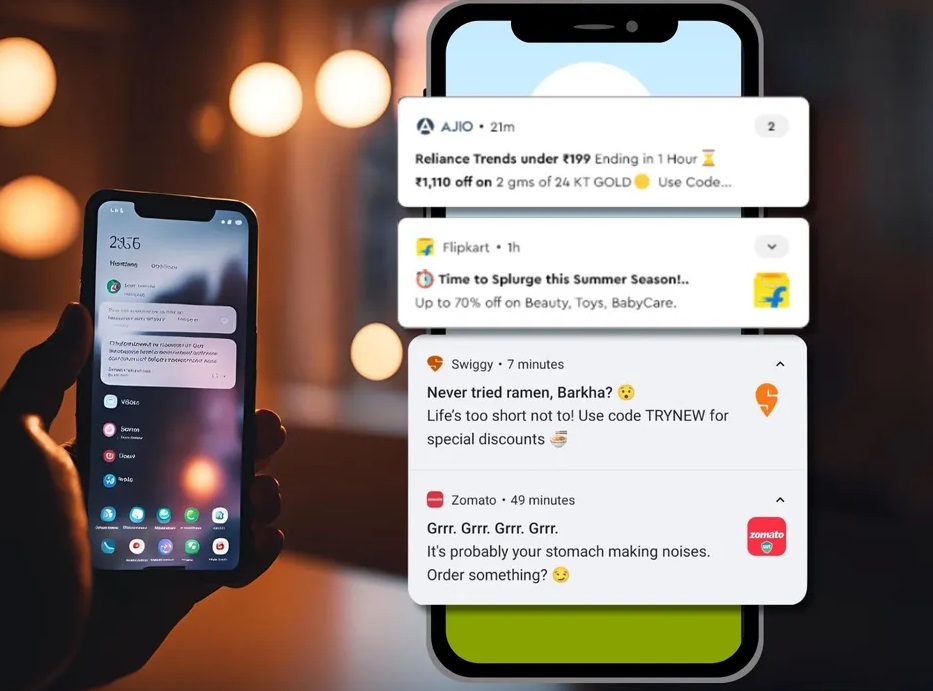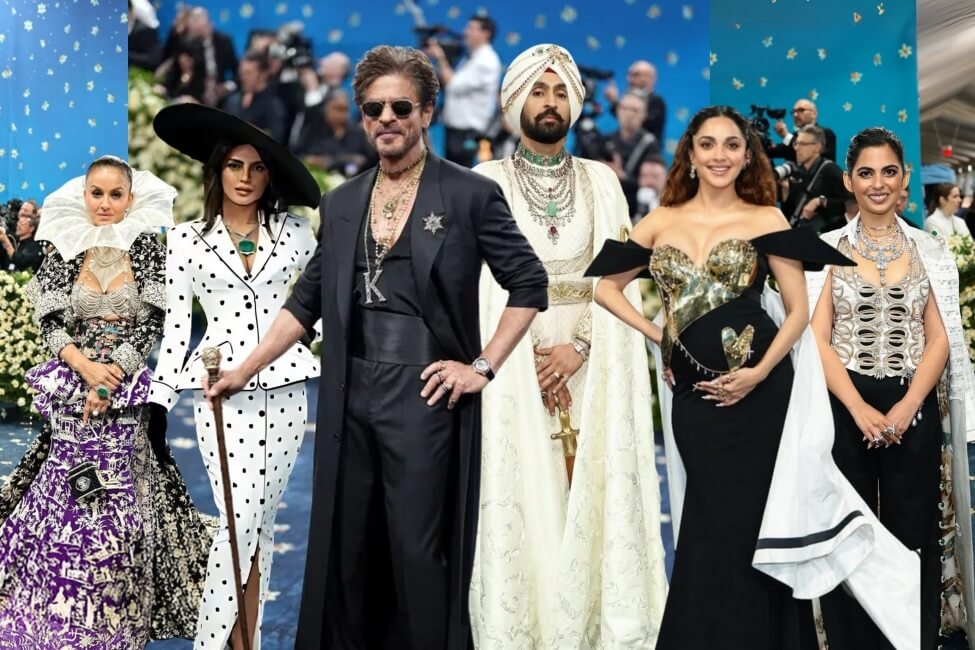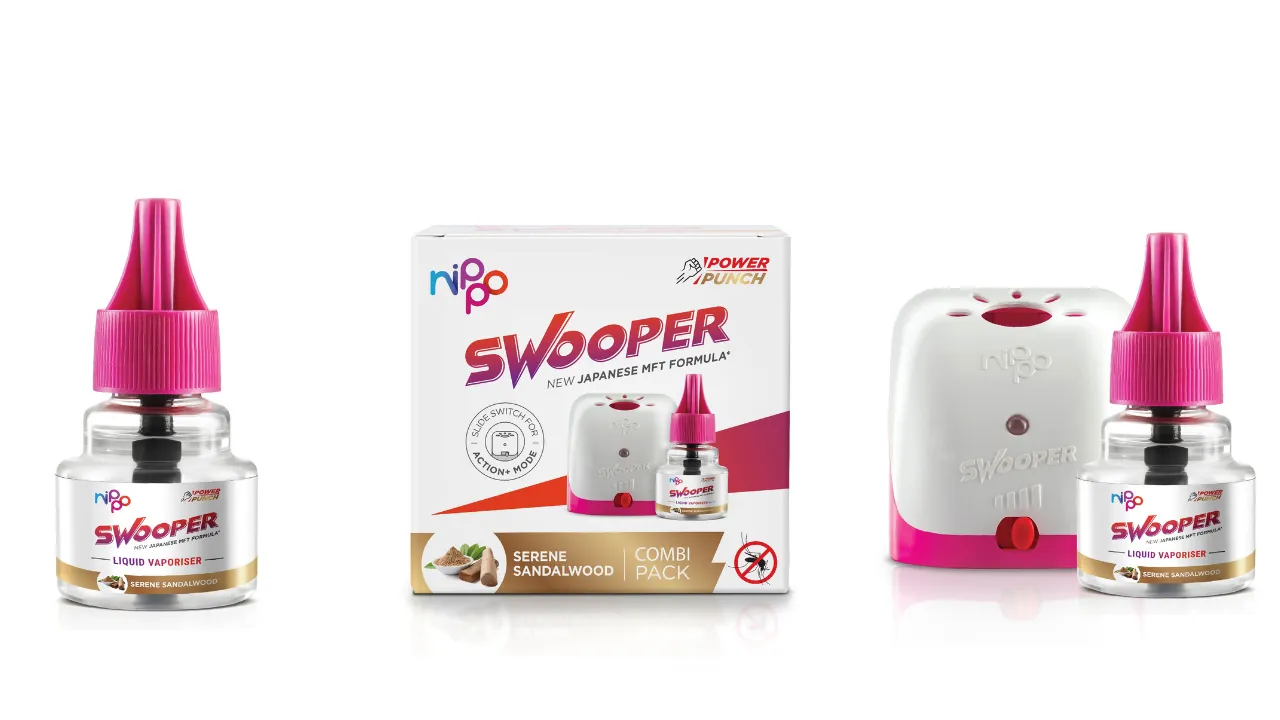Customer Experience (CX) has evolved into a crucial factor for modern brands, encompassing the entire customer journey, from initial awareness to post-purchase interactions. Every touchpoint, whether it’s a website’s speed, product packaging, or follow-up communication, plays a role in shaping the customer experience.
Today’s customers seek more than just a product; they want an experience and a relationship. This is where conversational marketing comes in—an approach that uses interactive, two-way communication tools like AI-powered chatbots, personalized messaging (e.g., via WhatsApp), push notifications, in-app messaging, and customer support systems. Conversational marketing allows brands to engage with customers meaningfully and creates opportunities for repeat purchases.
Vartika Verma, Senior Director of Global Marketing at Gupshup, emphasizes that customers prefer two-way communication over one-way interactions. Conversational marketing fosters customer participation and ensures that communications are valuable, meaningful, and respectful. According to Verma, messaging must focus on value and personalization to meet evolving customer preferences.
Santosh Gannavarapu, Chief Growth Officer at CXM India (Dentsu Aegis Network), explains that conversational marketing is rooted in customer relationship management. It scales the ability to engage with customers by remembering key attributes and reaching out at the right moments. Traditional human-based systems can be error-prone, but data platforms and effective communication tools like email, WhatsApp, and SMS have revolutionized this process.
Jacob Joseph, VP of Data Science at CleverTap, highlights the transformation of conversational marketing with advancements in AI and omnichannel integration. What started as basic chatbots has evolved into sophisticated real-time AI-driven interactions. These tools now understand customer intent, context, and sentiment, enabling hyper-personalized engagement at scale. According to McKinsey, personalized interactions can lower acquisition costs by 50% and boost revenues by 5-15%.
AI and machine learning are central to creating personalized experiences at scale. Shan Jain, an independent brand strategist, underscores the transformative nature of conversational marketing. By blending AI (bots) with human empathy, brands can foster loyalty. For example, Amazon’s AI predicts customer needs, while human agents add a personal touch to resolve issues, creating a seamless experience. This approach has been proven to enhance customer retention, which delivers better ROI compared to customer acquisition.
The modern customer journey is complex, involving an average of 29 touchpoints before a purchase. To manage this complexity, companies are turning to platforms like Adobe, Salesforce, and Moengage, which centralize decision-making and provide consistent cross-channel experiences.
Practical examples demonstrate the success of conversational marketing. Wow! Momo used personalized engagement via WhatsApp, resulting in 40% of their business coming from repeat orders. This approach drove 24% higher upsell and cross-sell revenue, as noted by Vartika Verma. Additionally, brands using AI-powered support systems resolve queries 60% faster.
Looking forward, several trends are shaping the future of conversational CX:
1. **Predictive Analytics**: Brands will anticipate customer concerns and address them proactively.
2. **Immersive Technologies**: Augmented and virtual reality will offer more interactive touchpoints for customer engagement.
3. **Multilingual Support**: AI-powered solutions are breaking down language barriers, allowing brands to connect with a wider audience.
Conversational marketing has grown from a novelty to a strategic necessity. By focusing on personalized, meaningful interactions, brands can turn one-time transactions into lasting relationships. This evolution in customer experience is not just about technology—it’s about creating a deeper connection with the customer at every stage of their journey.
Video:
Author: Sonali Kamble











